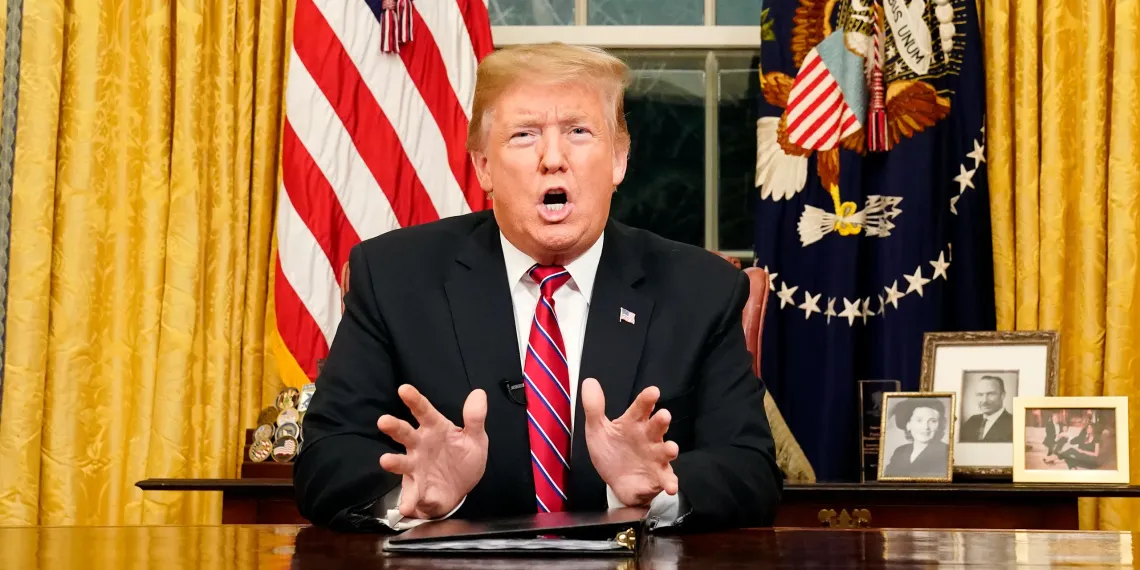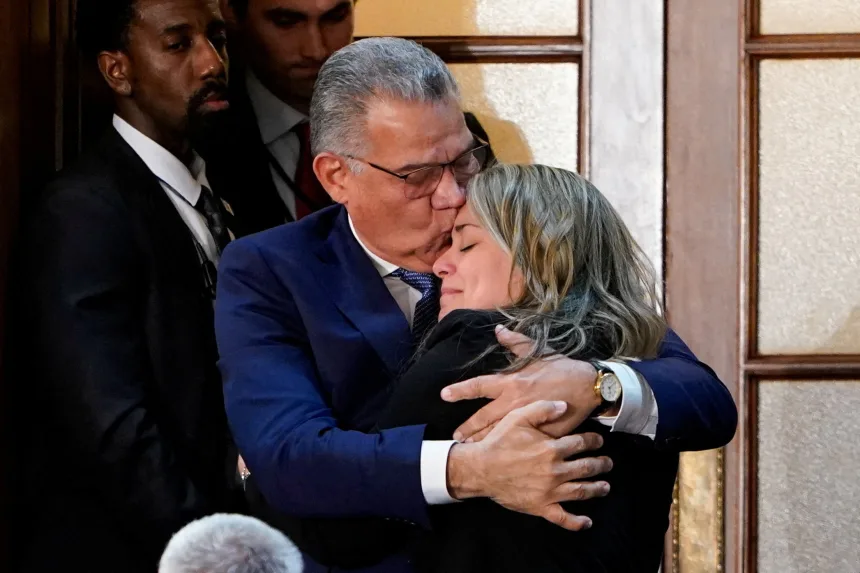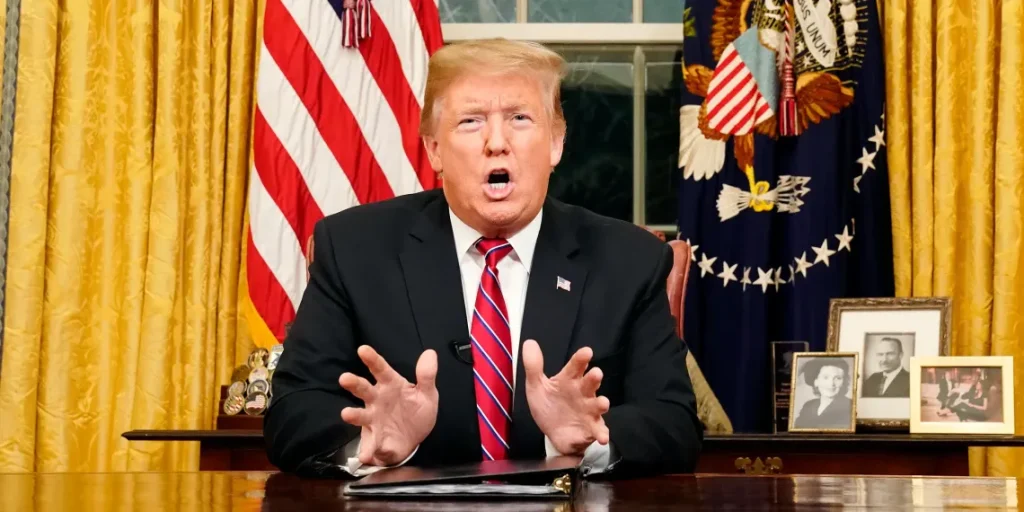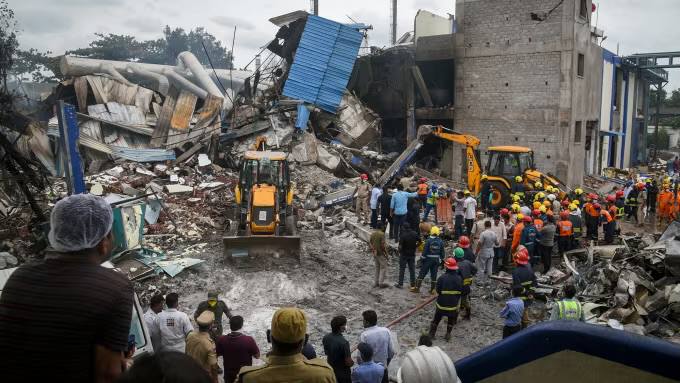Now Reading: Trump Declares Israel Agrees to 60-Day Ceasefire, Urges Hamas to Respond Swiftly
-
01
Trump Declares Israel Agrees to 60-Day Ceasefire, Urges Hamas to Respond Swiftly
Trump Declares Israel Agrees to 60-Day Ceasefire, Urges Hamas to Respond Swiftly

Israel has reportedly accepted a U.S.-brokered 60-day ceasefire deal in Gaza, according to former U.S. President Donald Trump, who made the announcement on July 1, 2025. Trump, addressing global media from his campaign headquarters, stated the truce proposal was Israel’s “yes” to diplomacy, and urged Hamas to reciprocate without delay or risk escalating consequences.
Trump credited U.S. special envoy Steve Witkoff for spearheading the proposal with backing from Egypt and Qatar. The agreement includes the initial release of 10 living Israeli hostages and the bodies of 18 deceased captives, alongside a pause in military operations by Israel. The 60-day window is expected to be used to finalize negotiations for a more permanent cessation of hostilities.
The announcement comes days before Israeli Prime Minister Benjamin Netanyahu is scheduled to visit the White House for discussions likely centered on ceasefire progress and long-term regional security. Trump described the plan as “historic” and labeled it the “best and final” pathway to peace in Gaza.
Although Hamas has yet to confirm its acceptance, the group has acknowledged the proposal, stating it is under review. Key sticking points include Hamas’s demand for a total Israeli withdrawal and the lifting of Gaza’s blockade—conditions Israel has long resisted without full disarmament by the militant group.
The conflict, which erupted in October 2023, has left over 56,000 Palestinians dead and displaced hundreds of thousands, according to humanitarian reports. With aid routes blocked and infrastructure devastated, international observers have intensified calls for a humanitarian ceasefire to avert further catastrophe.
Netanyahu has remained tight-lipped about the new agreement but praised Trump’s involvement. Behind closed doors, sources within the Israeli Knesset suggest growing pressure from Western allies and domestic opposition played a role in Israel’s decision to accept the plan.
With global attention fixated on Gaza and Washington, the coming days will determine if Hamas reciprocates or rejects the opportunity, potentially plunging the region back into unrelenting warfare.




